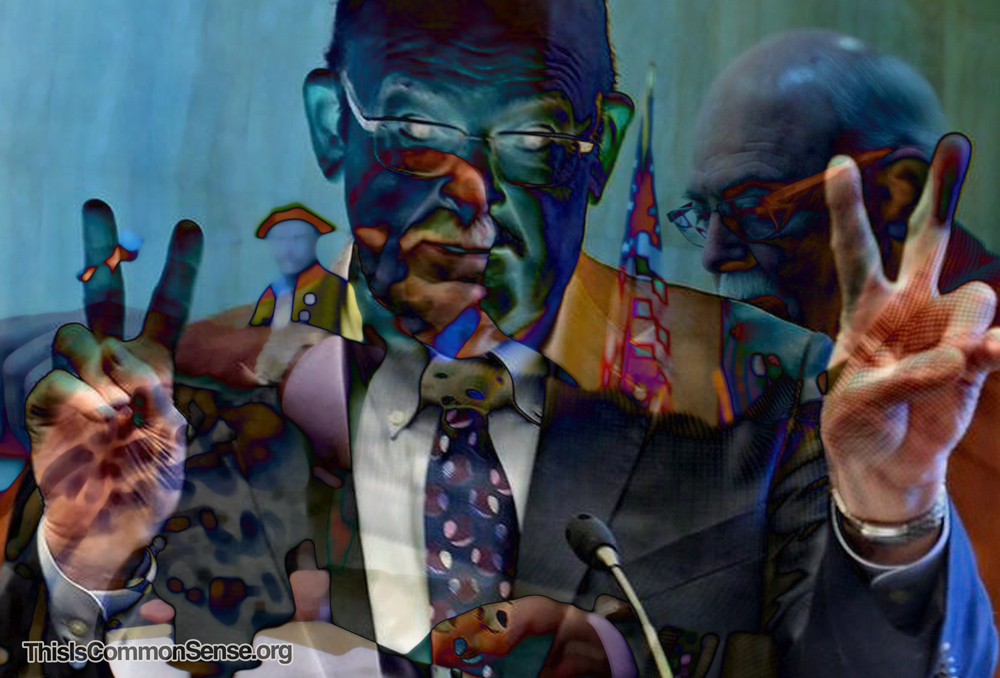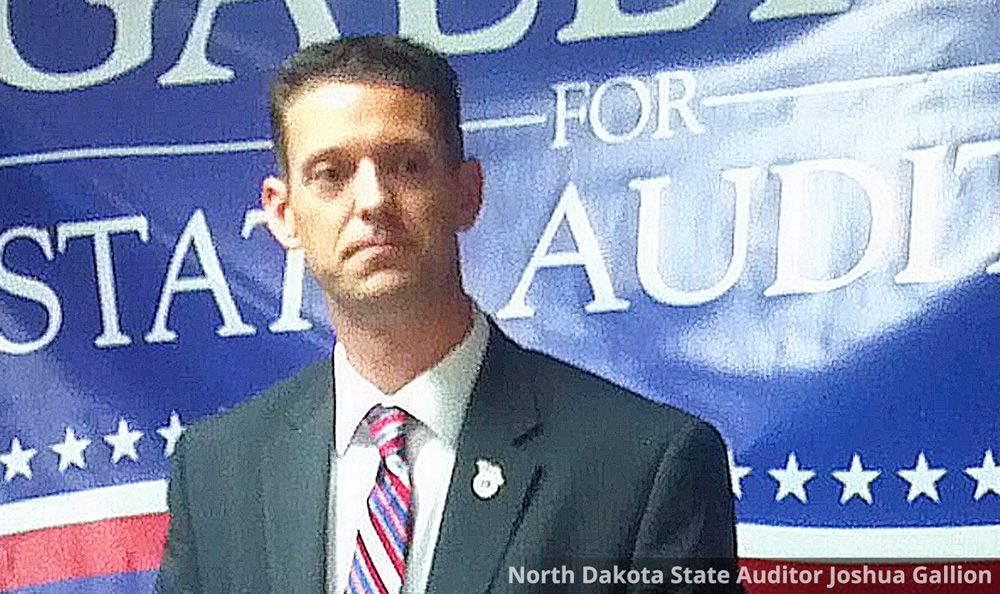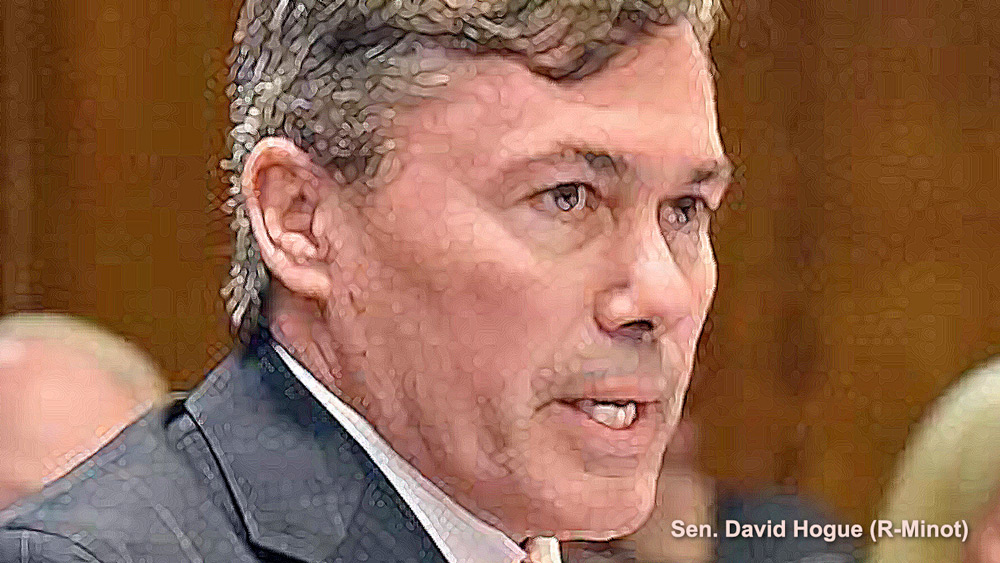A mystery confounds the minds of North Dakota’s legislators.
It has a fake part and a real part.
The fake part itself has two parts: 1) how to learn whether voters support term limits, and 2) how to learn how a legislative body can function unless incumbents, whose advantages over challengers enable them to return to office sporting reelection rates exceeding 90 percent, may remain in place until ousted by death or scandal?
The answer to the first everyone knows. The answer to the second is to write down procedures and give tutorials and guidebooks on how the legislature works to newcomers in legislative halls.
The real mystery, though, is how to overthrow term limits given voters’ massive continuing support?
The answer?
This is where they get “clever”! Their plan appears to be: concoct the fake mystery and set up investigations premised on it.
And maybe sacrifice lambs and the first-born to the gods, hoping and praying and hoping some more that something turns up … anything to enable downtrodden entrenched legislators to cling to power for all eternity.
Regardless of popular support for term limits — support, after all, that has been confirmed in polls on the question conducted over the past four decades as well as in election after election.
This all explains why North Dakota legislators are paying $220,000 to Gary Consulting to find out how voters — who in 2022 passed term limits of eight years on the state house and eight years on the state senate — feel about term limits and how lawmakers feel about term limits.
I’ll tell you for free: voters love them; incumbents hate them.
This is Common Sense. I’m Paul Jacob.
Illustration created with Krea and Fireflly
—
See all recent commentary
(simplified and organized)












